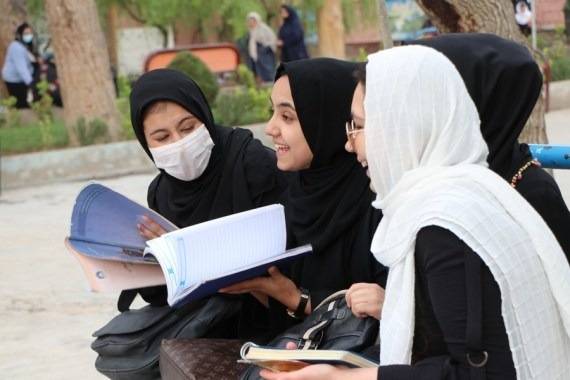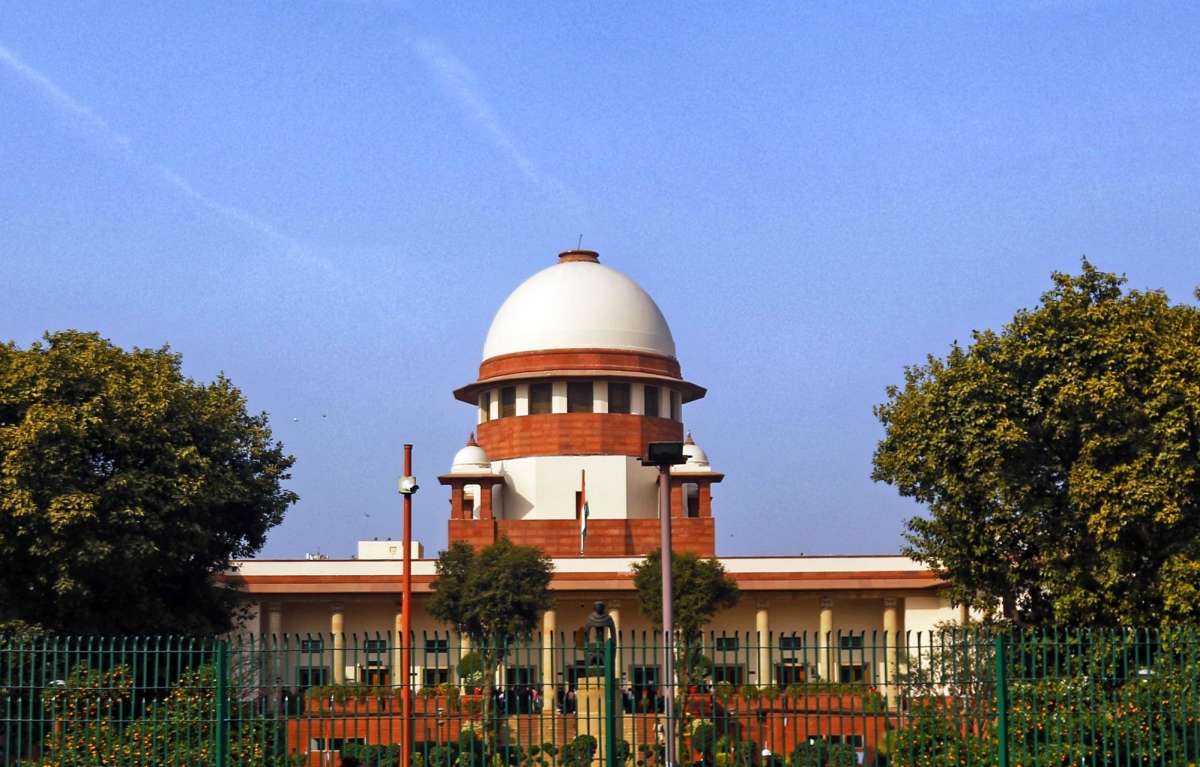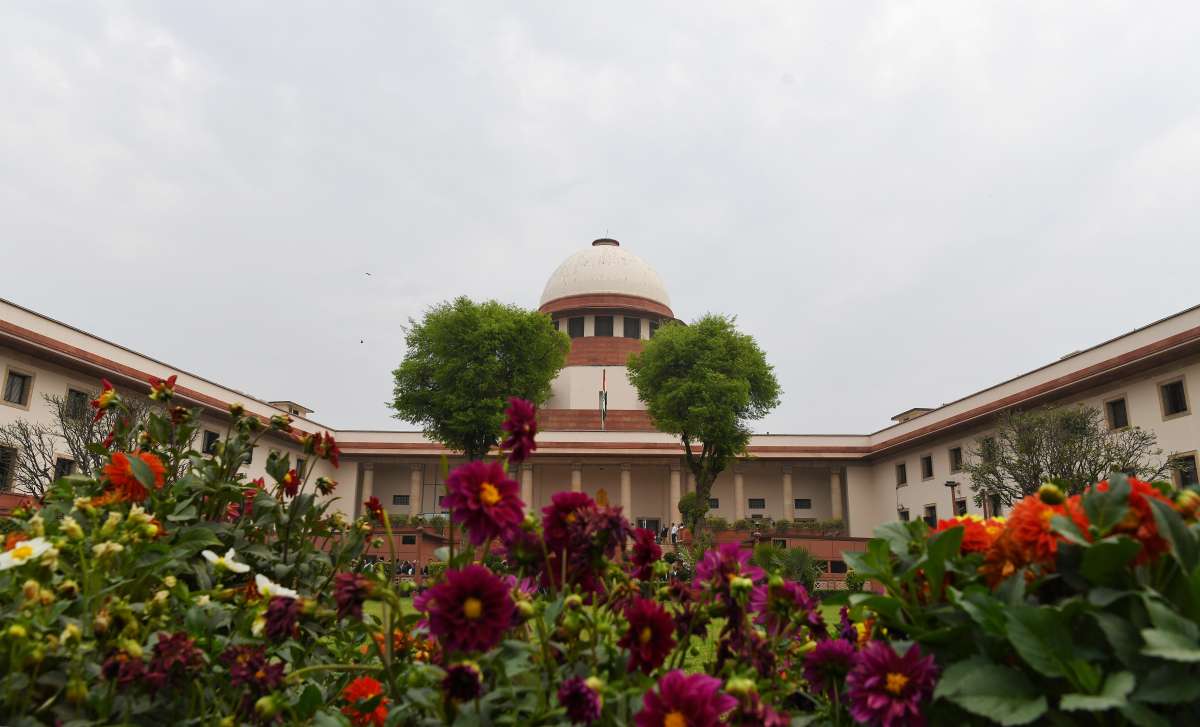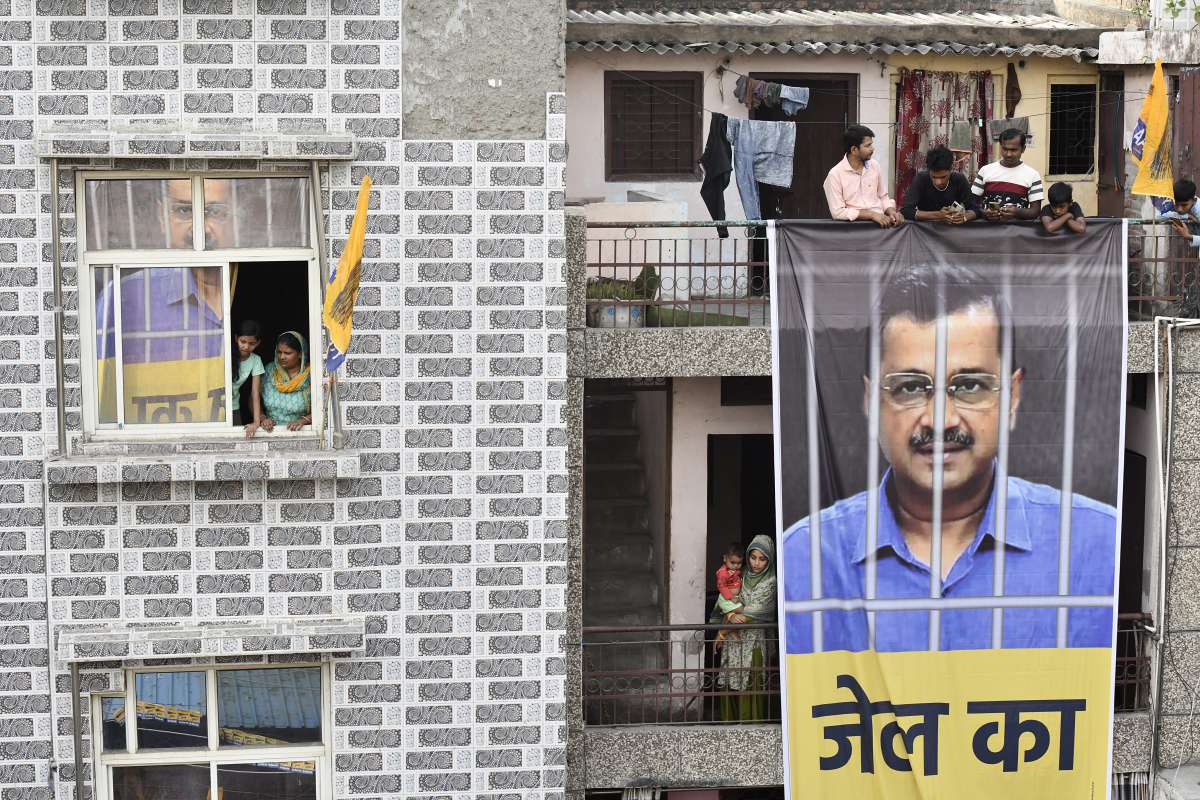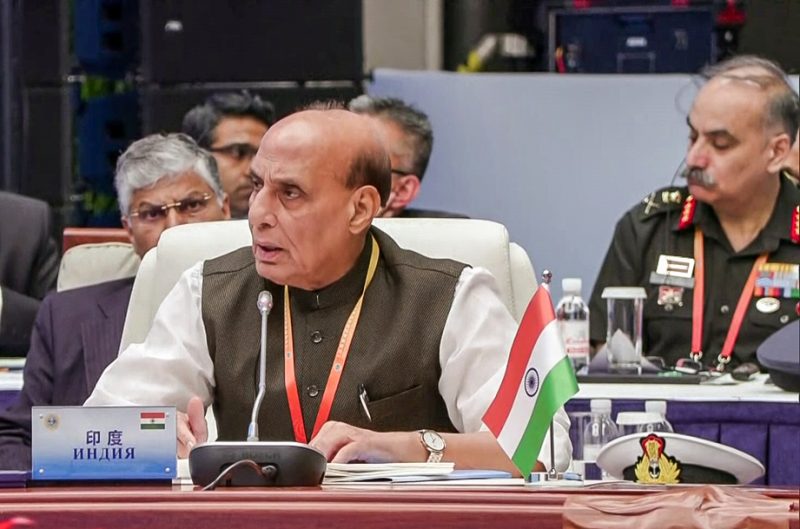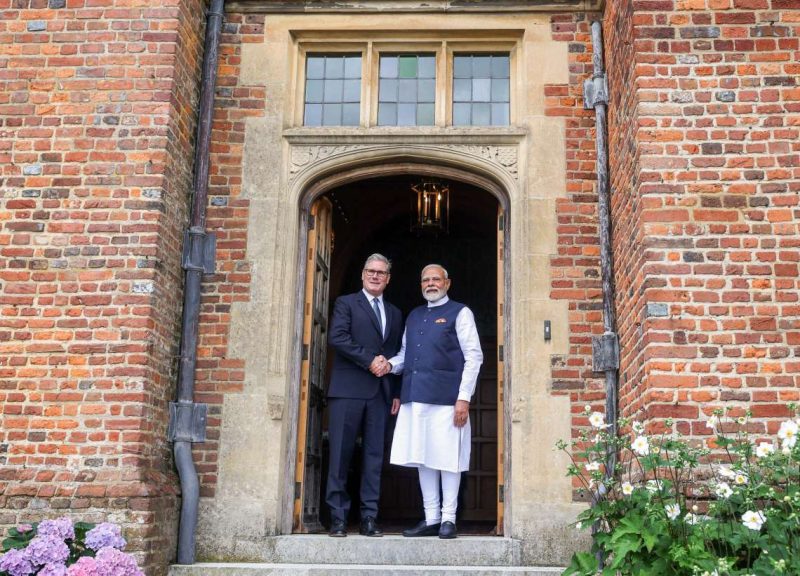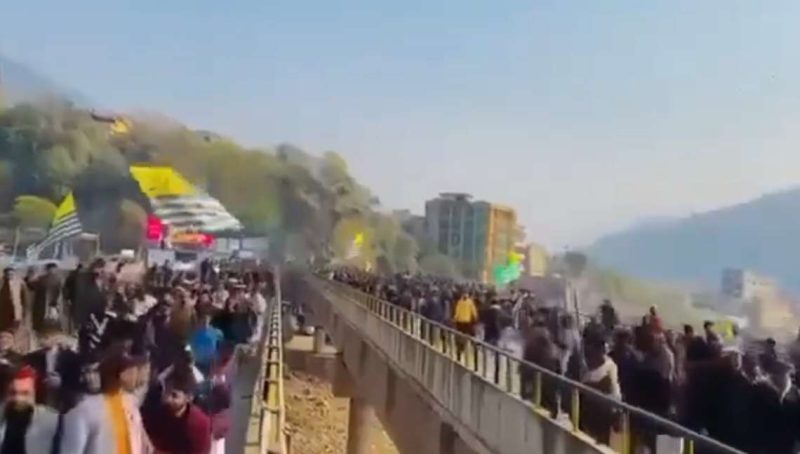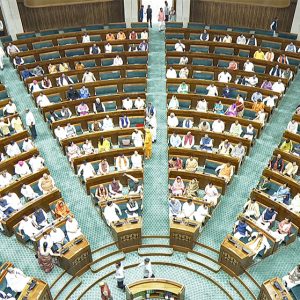A clutch of pleas has been moved in the apex court challenging the high court decision…reports Asian Lite News
The All India Muslim Personal Law Board (AIMPLB) has moved the Supreme Court challenging the Karnataka High Court judgment, which upheld the ban on hijab in classrooms after holding that the wearing of headscarves by Muslim women was not an essential religious practice.
The board has moved the top court along with two other petitioners namely, Munisa Bushra and Jaleesa Sultana Yaseen. The plea said the high court judgment while dismissing the petitions, has proceeded with erroneous reasons to address the issue.
The plea said: “It is a case of direct discrimination against Muslim girls. The High Court has created distinction between the principles laid down in the case of Bijoe Emmanuel by giving different contextual meaning (as a case of discipline) and on the other hand the practice of hijab, is reflected as if it was a case disturbing the entire uniform that too when this minor variation (of covering the head like the Sikh’s do) can be reasonably accommodated within the constitutional norm being part religious practices.”
The plea contended that laying too much emphasis on bringing “uniformity” in the uniform without accommodating a person of one religion ‘to cover her hair with a piece of cloth’ is travesty of justice, and the judgment also ignores the doctrine of reasonable accommodation.
The plea said: “The determination of essentials under the principles of essential religious practice (ERP) had started with the idea of determination of essential religious practice that fell within the complete autonomy of the religious denomination in the matters of deciding as to what rites and ceremonies are essential according to tenets of a religion.”
The plea contended that while dealing with the issue of protection of fundamental rights, the high court judgment has given completely erroneous interpretation to the concept of intelligible differentia.
The plea added that by grouping all the students in uniformity without acknowledging that such interpretation is not only against the prevailing practices in different parts of the country but also such accommodations are generally available for differently grouped students. “It is completely irrational and against the objective of maintaining diversity as contemplated in the Constitution of India,” it said.
A clutch of pleas has been moved in the apex court challenging the high court decision.
On March 24, the Supreme Court declined to give any specific date to hear a plea challenging the Karnataka High Court order, which dismissed all petitions seeking direction for permission to wear hijab in classrooms.
Another plea filed through advocate Adeel Ahmed and Rahamathullah Kothwal said the high court order creates an unreasonable classification between the non-Muslim female students and the Muslim female students and thereby is in straight violation of the concept of secularism which forms the basic structure of the Indian Constitution. The petitioners are Mohamed Arif Jameel and others.
The plea said: “The impugned order is also in sheer violation of the Article 14, 15, 19, 21 and 25 of the Indian Constitution and also violates the core principles of the International Conventions that India is a signatory to.”
It further added, “Being aggrieved by the impugned Government Order, as it is in violation of Indian constitution, the petitioner had approached the Hon’ble High Court by way of a Public Interest Litigation (PIL) petition challenging the validity of the same.”


